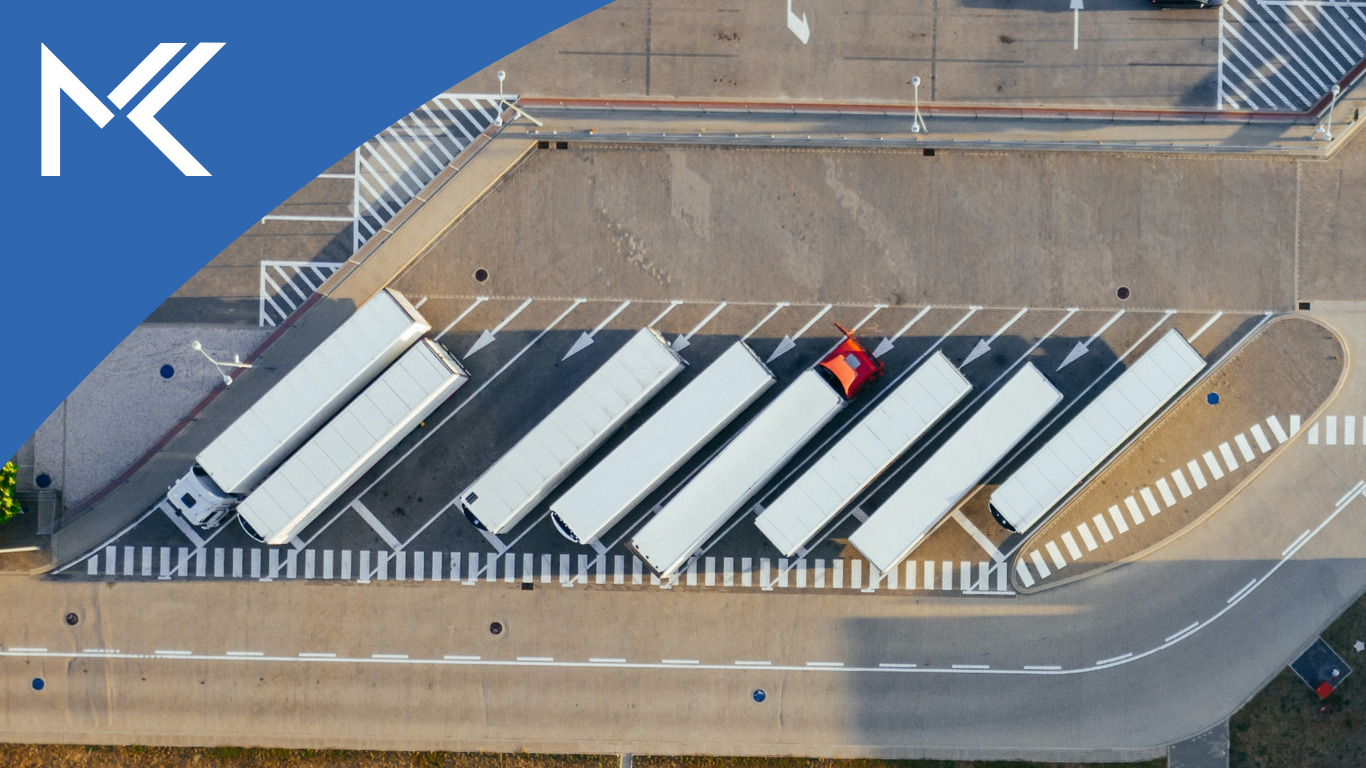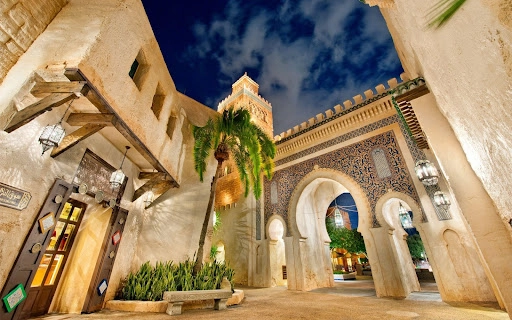Anciennement connues sous le nom de zones franches d’exportation (ZFE), les zones d’accélération industrielle représentent des périmètres déterminés du territoire douanier où les activités industrielles et de services qui y sont liées, sont soustraites à la législation et à la réglementation douanière et à celles relatives au contrôle du commerce extérieur et des changes.
Les entreprises installées au sein de ces zones jouissent du privilège d’exercer toute activité d’exportation à caractère industriel ou commercial, ainsi que les activités de service qui y sont liées, et bénéficient d’un certain nombre d’avantages fiscaux, douaniers et de changes.
A ce jour, le Maroc compte plus de dix zones d’accélération industrielle, dont trois sont localisées dans la région de Tanger-Tétouan-Al Hoceima, trois dans la région de Rabat-Salé-Kénitra et une dans la région de Casablanca-Settat.
1) Les personnes autorisées à s’installer dans les ZAI
Toute personne physique ou morale, de nationalité marocaine et étrangère, est autorisée à investir et à installer sa société à l’intérieur des zones d’accélération industrielle.
Néanmoins, les personnes physiques de nationalité marocaine résidant au Maroc et sociétés ayant leur siège social au Maroc ne peuvent procéder à des opérations d’investissement à l’intérieur des zones franches d’exportation qu’en conformité avec la réglementation des changes en vigueur.
2) Les activités pouvant s’exercer au sein des Zones d’Accélération Industrielle
En principe, sont autorisées toutes activités à vocation industrielle ou commerciale, ainsi que les services qui en découlent. Néanmoins, chaque zone d’accélération industrielle établit, par voie réglementaire, les spécifications relatives aux activités des entreprises susceptibles de s’implanter en son sein.
À l’instar de la zone franche d’exportation de Tanger, les activités autorisées sont spécifiquement définies par le décret n° 2-96-511. Ces activités englobent notamment :
- l’agro-industrie ;
- les industries textile et du cuir ;
- les industries métallurgiques, mécaniques, électriques et électroniques ;
- les industries chimiques et parachimiques ;
- ainsi que les services afférents à ces activités.
3) Avantages accordés aux Zones d’Accélération Industrielle
1 – Avantages fiscaux :
- Exonération totale de l’impôt sur les sociétés durant les 5 premières années d’exploitation et application du taux de 20 % pour les exercices qui suivent le 5ème exercice d’exonération totale.
- Exonération des dividendes et autres produits de participation similaires de source étrangères lorsqu’ils sont versés à des non-résidents.
- Exonération de la taxe sur la valeur ajoutée, avec droit à déduction des produits livrés et les prestations de services rendues aux ZAI ainsi que les opérations effectuées à l’intérieur ou entre lesdites zones (obligation déclarative de la TVA).
- Exonération de la taxe professionnelle pendant les 15 premières années pour les immeubles et l’équipement.
2 – Avantages douaniers et de changes :
- Exonération des droits, taxes et surtaxes à l’importation.
- Procédures douanières simplifiées.
- Absence de contrôle des changes.
- L’exemption des prescriptions édictées par l’Office des Changes en matière de transfert de devises.
- Les entrées de marchandises dans les ZAI ainsi que leurs sorties de ces zones ne sont pas soumises à la législation relative au contrôle du commerce extérieur.
3 – Autres avantages :
- Les entreprises installées au sein des ZAI peuvent également bénéficier de tout autre avantage prévu par d’autres dispositions législatives en matière d’encouragement à l’investissement.
4) Procédure d’installation dans une Zone d’accélération industrielle
- Demande d’autorisation d’installation en ZAI,
- Instruction du dossier et délivrance de la décision d’installation par la Commission locale de la Zone,
- Signature du contrat de location ou de vente du lot, selon le cas,
- Demande de l’autorisation d’Exploitation,
- Instruction du dossier et délivrance du Permis d’exploitation,
- Démarrage de l’activité.
Mkonsulting vous accompagne dans vos démarches d’investissement au sein des Zones d’Accélération Industrielle avec une gamme de prestations de conseil et d’accompagnement sur mesure en matière administrative, financière, juridique, fiscale et de changes.
CONTACTEZ-NOUS :
+212 5 22 26 59 90
Disclaimer : Les informations présentées dans cet article sont destinées à servir de guide général sur le sujet. Nous vous recommandons vivement de nous consulter afin d’obtenir des conseils personnalisés correspondant à votre situation spécifique.




